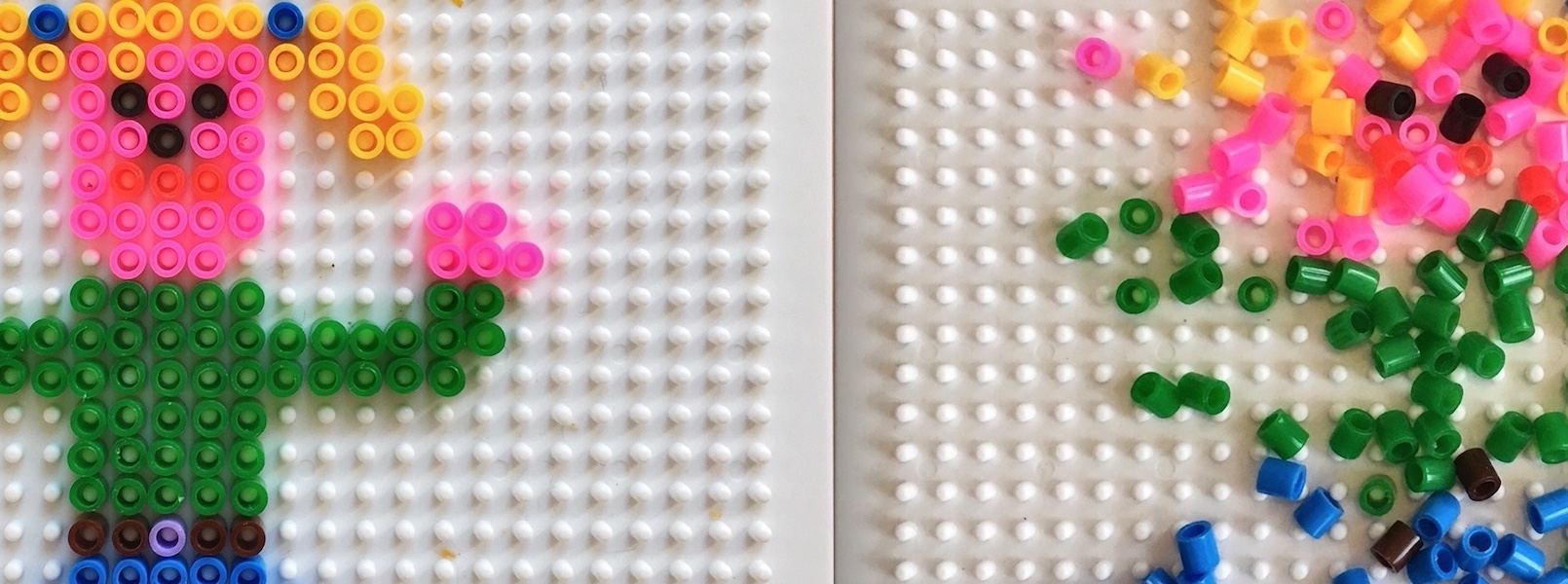A Dual Approach
This research has a dual focus. Firstly, it involves research into broad theories of creativity - the different conceptions of creativity which include the personal-centred approaches of neuroscience and psychology, relationships-centred approaches of sociology and anthropology, and wider context-centred approaches of economics, urban studies and Web studies. However, this largely theoretical research is strongly connected to more applied aspects focussed upon ‘teaching creativity’ and helping to develop professional creative practices. The second focus concerns broad social and cultural analyses of the creative and cultural industries – how various creative ecologies emerge, how informal creative hubs and networks operate, how cultural policy might best approach and work with these more informal creative spaces.
Some of the key questions which animate this research are:
- What is creativity, and can it be taught?
- Does creativity need to be understood to be effectively applied?
- How does creativity work in the real world – in independent practice, in business, on the Web, or in public policy?
- How do collaborative and co-creative spaces emerge and operate?
- How can cultural policy best understand and engage with this broad and multi-faceted creative ecology?
New Ways of Working
A wellspring of our shared research agenda is the belief that orthodox assumptions about creativity flowing from isolated individuals is lacking. Our research into theories of creativity tend to move through more social and cultural conceptions to take into account creative relationships between people, and between people, their places and other broader contextual features. Our research into the cultural industries tends to focus upon the inter-relationships between independent, commercial and public aspects of broad creative ecologies.
The centrality of this more social and relational conception also informs what we do in terms of concrete applications of our research for pedagogy and developing professional creative practice for enterprise and entrepreneurial discussions.
Researchers often seek novel ways of delivering research to a wide range of contexts, in ways suitable to different audiences. As well publishing research outputs in the orthodox manner, our members facilitate creative play sessions; seek to advocate for drawing and image-making into research outputs; translate academic research into engaging and practical outcomes for use in creative practices;
These approaches involve working with a wide range of partners including creative businesses and local government, running publically funded programmes for different aspects of the community at large, and working with Schools and Colleges.
The Creativity and Cultural Industries research is cross-disciplinary and draws researchers from broad research topics and subjects. Our current researchers include:
- Stuart Bibby, Lincoln School of Design
- Professor Antonella De Angeli, School of Computer Science
- Dr Neil Maycroft, Lincoln School of Design
- Dr Jim Shorthose, Lincoln School of Design
- Mike Poole, College of Arts
Critical Heritage and Place Consumption
Research focuses on the notion of critical heritage, which considers places, pasts, and traditions in contemporary life alongside heritage's traditional concerns with conservation and restoration.
Critical heritage, as a discipline, reconceptualises heritage by paying attention to themes such as power, identity, economic development and conflict, and by engaging with other areas of critical enquiry such as memory studies, creative tourism, feminist theory, material culture studies, and cultural geography.


